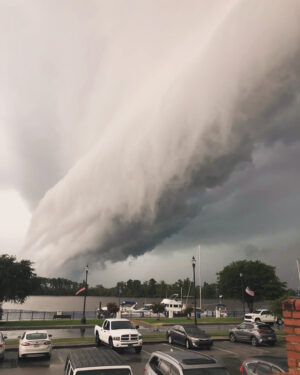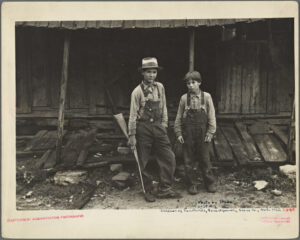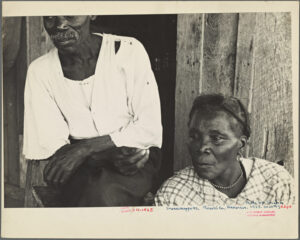We note with sorrow the passing last week [July 22, 2012] of the quintessential dead mule signifier: Jerry Leath Mills of Washington, North Carolina. His passing leaves a hole in the heart of any discussion of southern equine fiction.
As noted in his obituary in the Washington Daily News:
His 1996 Southern Literary Journal essay “Equine Gothic: the Dead Mule as Generic Signifier in Southern Literature” is widely considered a classic, and was featured in The New York Times, among other publications, not long after it was published. The article has been credited with inspiring a light-hearted literary cottage industry of “dead mule spotting” in Southern fiction.
A copy of The Dead Mule Rides Again essay by Jake Mills can be found online in Southern Cultures 6.4, [ 2000]. If you don’t know why No Southern Fiction Is Complete Without a Dead Mule, you most definitely need to read this! It’s not proper to copy the entire essay here, that would be against copyright and just copy wrong — so read it — here’s a bit of it, whet your dead mule appetite and then go read the entire thing…
I like to think that my study is more or less innocent of theory, but nobody believes me. I often get some version or other of three questions: Are these passages real? Is the essay serious? Is it a satire?
The first is easy to answer: yes, the passages are real, and you can locate them (barring typos in my references) just where I say they are in the books I cite. The second question is a little more difficult and requires a more subjective response, one that suggests how a dead mule may be more or less serious according to where it’s found. A good illustration of this principle is in a story told by the late Beaufort County, North Carolina, humorist Edmund H. Harding (1890-1970) and currently available for listening on tape at the Bath, North Carolina, town museum.
In Harding’s anecdote, some rowdy boys steal a dead mule from a livery yard one Friday night and drag it with their horses onto a local minister’s front lawn. Obviously distressed upon making the next morning’s discovery, the minister sends urgently for the mayor, an irascible and somewhat pompous official who is [End Page 12] extremely annoyed at having his Saturday morning’s ease preempted by such a matter. “Preacher,” he says, “dead mules are not a municipal responsibility; this is not my problem. Anyway, since you’re a minister, isn’t the burial of the dead part of your job?” “That’s right, Mayor,” the preacher replies, “but I don’t usually like to go ahead with it without consulting the next of kin.”







